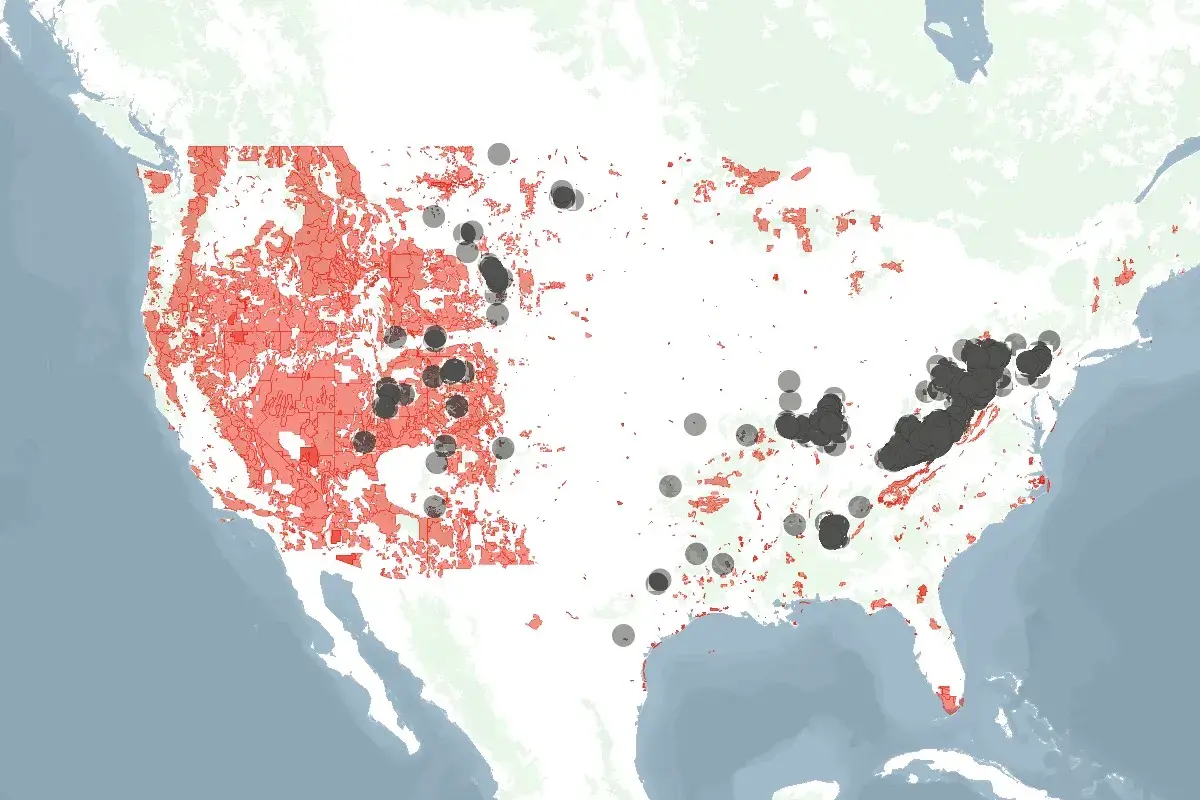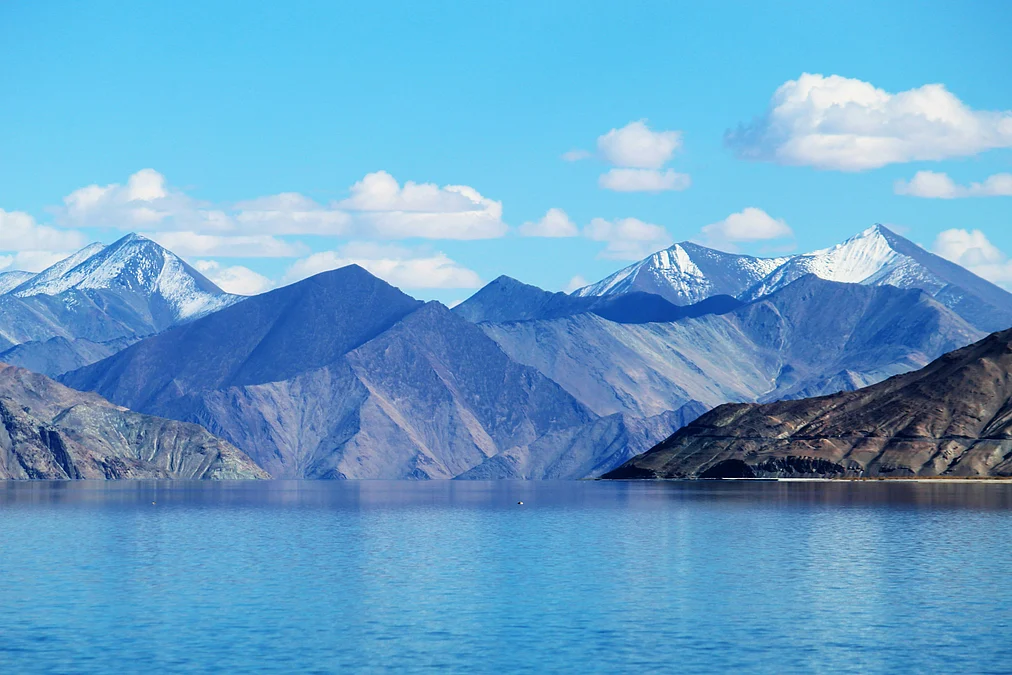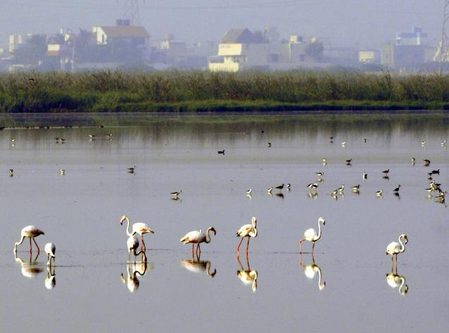
The Trump administration has announced plans to open 13 million acres of federal land for coal mining, as part of President Donald Trump’s aim to bolster the shrinking U.S. coal industry.
The policy, unveiled Monday, includes subsidies of $625 million for recommissioning and modernizing coal-fired power plants, and a reduction in federal royalty rates for miners.
The move follows executive orders signed by Trump aimed at reversing the industry’s decline and increasing America’s domestic energy output.
Why It Matters
The plan represents one of the largest expansions of coal mining access on federal land in recent decades, and raises questions about the direction of U.S. energy policy and commitments to reduce greenhouse gas emissions.
Supporters argue the move will create jobs, secure domestic energy, and support communities dependent on the coal sector, while critics warn it will slow the transition to cleaner energy, increase pollution, and reverse progress in greenhouse gas reduction.
What To Know
The 13 million acres of federal land for potential coal mining leases could be made available in states such as Wyoming, Montana, Utah, Alabama and North Dakota—a number of existing and historically productive coal regions.
This comes after the Energy Department previously ordered fossil-fueled power plants in Michigan and Pennsylvania to keep operating past their retirement dates to meet rising U.S. power demand.
The share of coal in U.S. electricity production has dropped dramatically in the last decade, down from 45 percent in 2010 to about 15 percent in 2024.
Trump has also told the Energy and Interior departments, together with the Environmental Protection Agency (EPA), to remove barriers to coal leasing and extraction and to expedite permits.
The EPA also announced on Monday a delay in enforcing seven wastewater pollution regulations for coal plants and started a 60-day public comment period on potential changes to the regional haze rule, which limits pollution in national parks.
This also follows Trump’s sweeping tax bill reducing the royalty rate paid by mining companies to the federal government from 12.5 percent to 7 percent earlier this year.
Some have said the move could have a positive impact on job opportunities. “Opening land for coal mining would produce more jobs for people in certain regions,” Susan Brantley, a professor of geosciences at Pennsylvania State University, told Newsweek.
However, others say this will not be the case. “The argument about job creation is false because highly mechanized coal mining creates few jobs while destroying other economic opportunity,” Michael Hendryx, a professor in the Department of Environmental and Occupational Health at Indiana University Bloomington, told Newsweek.
He added that data indicates areas with higher coal mining have higher unemployment and higher poverty rates than areas with less mining or no mining.
Environmental groups have also slated the move, with Jill Tauber, vice-president of litigation for climate and energy at the environmental association Earthjustice, saying that “expanding mining and spending taxpayer money on burning coal, while rolling back vital health protections, will only exacerbate the deadly pollution and rising electricity bills that communities are facing across the country.”
Jenny Harbine, Northern Rockies managing attorney at Earthjustice, also told Newsweek: “While our country was on track to put coal in our rear-view mirror, we have an administration hell-bent on driving in reverse.”
Putting environmental concerns aside, Harbine also said that the move made “no sense” considering coal “can’t compete with cheaper and cleaner wind, solar, and storage resources.”
“The administration is trying to rig the economics by reducing the royalty rates companies pay for publicly-owned coal and expanding mining on our federal public lands,” she added. “Make no mistake, coal is still on its way out, but the administration’s insistence on prolonging its exit will mean more air and water pollution, a hotter climate, and missed opportunities to fully embrace the economic and environmental benefits of clean energy.”
Hendryx also said the move would lead to more environmental destruction, more local air and water pollution from mining sites, more pollution from power plants, more harmful contributions to climate change emissions, and other negative impacts.
“It is a stupid, short-sighted, destructive decision,” he said.
He continued that while average Americans may not notice an immediate difference, “some of the negative consequences from pollution and climate change will show up later.”
“Community residents near mining sites might notice more air and water quality problems,” he said.
What People Are Saying
Secretary of the Interior Doug Burgum said in a statement: “President Trump promised to put American energy workers first, and today we’re delivering. By reducing the royalty rate for coal, increasing coal acres available for leasing, and unlocking critical minerals from mine waste, we are strengthening our economy, protecting national security, and ensuring that communities from Montana to Alabama benefit from good-paying jobs. Washington doesn’t build prosperity, American workers and entrepreneurs do, and we’re giving them the tools to succeed.”
EPA Administrator Lee Zeldin said in a statement: “Americans are suffering because the past administration attempted to apply heavy-handed regulations to coal and other forms of energy it deemed unfavorable. It is time to restore common sense to the programs and regulations we use to protect human health and the environment. Beautiful clean coal has been a reliable energy source supporting American communities and economic growth for generations. We can improve air quality in our national parks and protect our waterways while simultaneously unleashing domestic energy and reducing costs for American families.”
Secretary of Energy Chris Wright said in a statement: “Beautiful, clean coal will be essential to powering America’s reindustrialization and winning the AI race. These funds will help keep our nation’s coal plants operating and will be vital to keeping electricity prices low and the lights on without interruption. Coal built the greatest industrial engine the world has ever known, and with President Trump’s leadership, it will help do so again.”
The National Mining Association shared the following statement with Newsweek from CEO, Rich Nolan: “Our vast coal resources and existing coal fleet are foundational pieces of U.S. energy security and economic competitiveness. While AI and data centers drive electricity demands increasingly higher on an already stressed grid, and the world’s steel-hungry infrastructure, construction and emerging markets continue to grow, America’s coal miners are ready to meet the need. The administration’s comprehensive energy dominance strategy will ensure that our coal fleet can continue to buttress grid reliability with fuel-secure, dispatchable power–a significant win for American industry and consumers facing the specter of power shortfalls and rising electricity prices, and global customers needing high-quality coal.”
Brantley told Newsweek: “Coal is the dirtiest source of energy we know because it releases carbon into the atmosphere along with sulfur that rains back to the ground as acid rain, impacting fish and other creatures. Coal has been replaced in the U.S. as natural gas dropped in price with the increased use of new forms of fracking. In Pennsylvania, we see cleaner water and cleaner air because we burn less coal and more gas. Like all people, President Trump wants a clean environment and his choice to promote coal is confusing because it contradicts that.”
She added: “There are environmental drawbacks to everything we do, including our use of renewable energy. Simply put, humans cannot survive without generating pollution. But environmental drawbacks of coal far outweigh those of renewables, and because pollutants are released to the atmosphere, they spread regionally or globally. The fastest growing energy sources are wind and solar and I can’t think of any reason why our President would not be supporting that growth instead of coal: with renewable fuels, the pollution impacts are lower than for coal. Americans have felt the negatives from mining and using coal for a hundred years and we are lucky today to have discovered newer and cleaner ways to generate electricity.”
This article contains reporting from the Associated Press.



